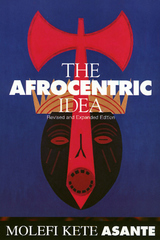
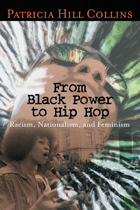
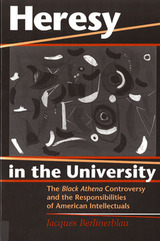
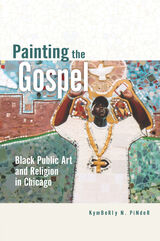
Painting the Gospel includes maps and tour itineraries that allow readers to make conceptual, historical, and geographical connections among the works.
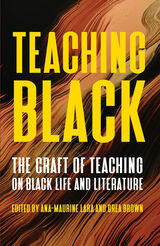
Teaching Black: The Craft of Teaching on Black Life and Literature presents the experiences and voices of Black creative writers who are also teachers. The authors in this collection engage poetry, fiction, experimental literature, playwriting, and literary criticism. They provide historical and theoretical interventions and practical advice for teachers and students of literature and craft. Contributors work in high schools, colleges, and community settings and draw from these rich contexts in their essays. This book is an invaluable tool for teachers, practitioners, change agents, and presses. Teaching Black is for any and all who are interested in incorporating Black literature and conversations on Black literary craft into their own work.
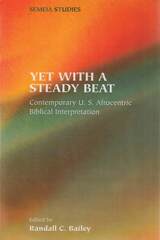
READERS
Browse our collection.
PUBLISHERS
See BiblioVault's publisher services.
STUDENT SERVICES
Files for college accessibility offices.
UChicago Accessibility Resources
home | accessibility | search | about | contact us
BiblioVault ® 2001 - 2024
The University of Chicago Press









